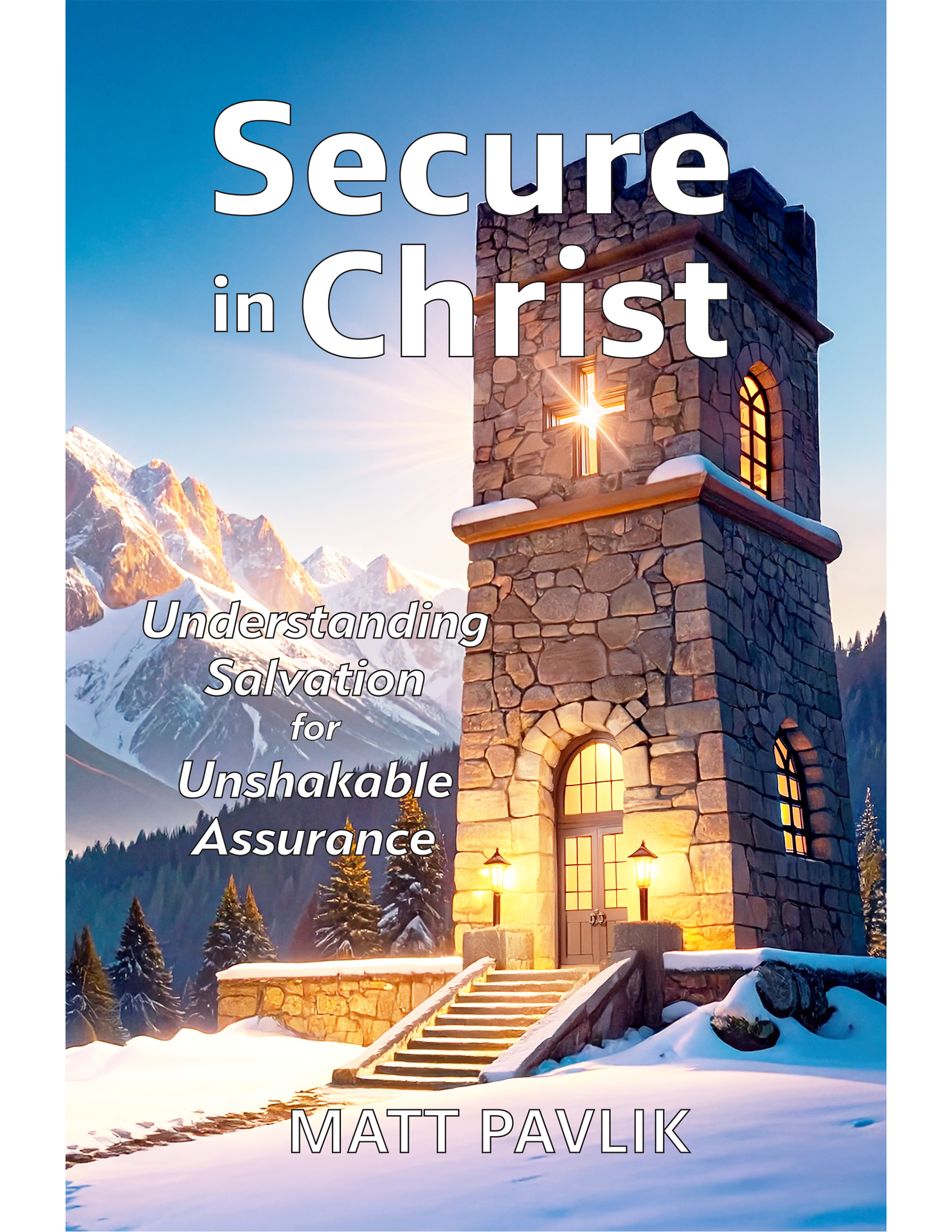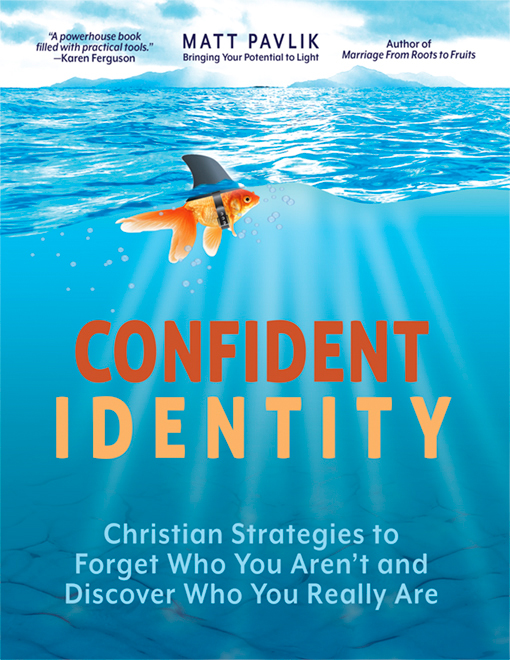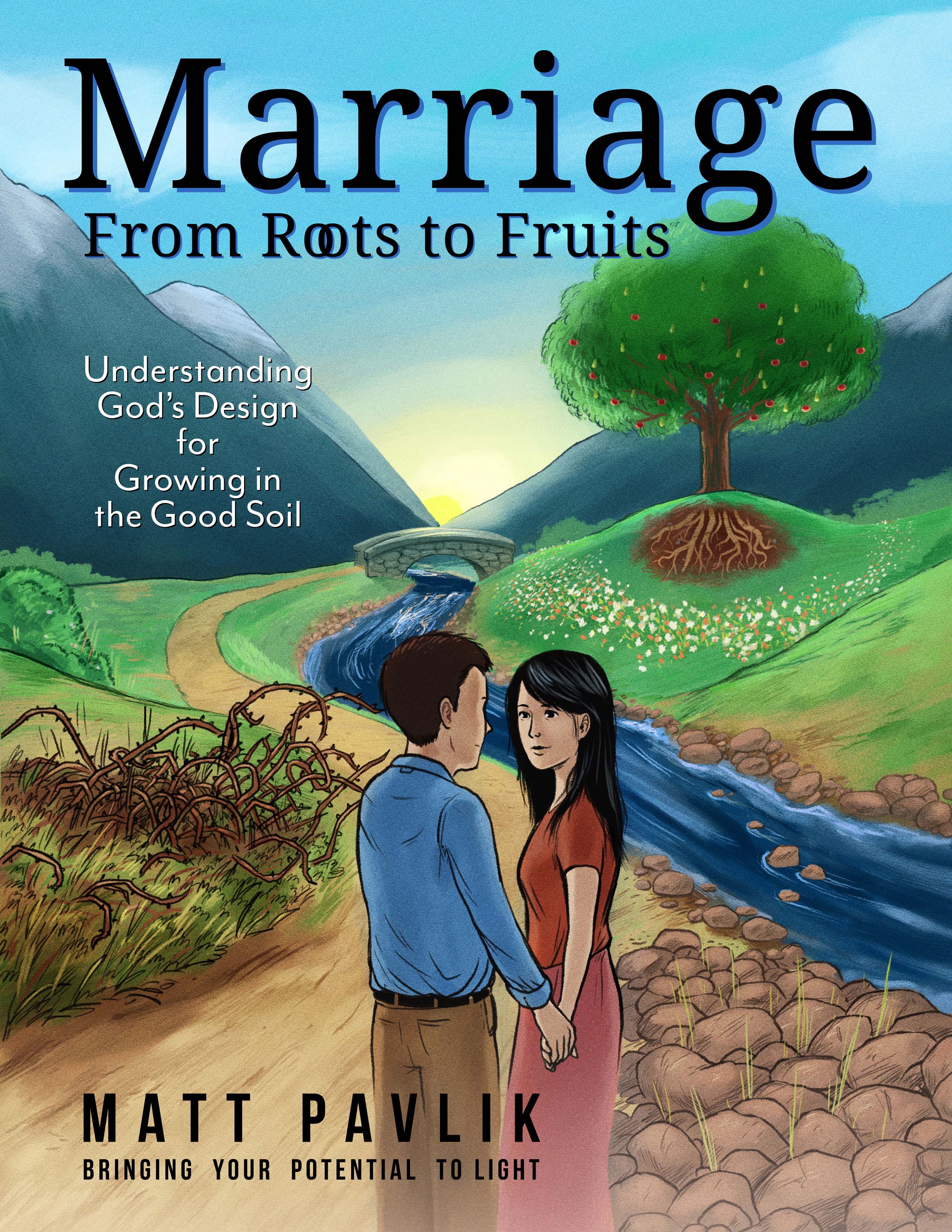If you haven’t been through a midlife crisis you might be missing out on all life has to offer.
A midlife crisis has its roots in adolescence. Teenagers experience an identity crisis and must attempt to answer the question, “who am I?” Most teenagers are happy with any answer so long as it doesn’t resemble their parents.
Chances are, you’ll need to revisit the “who am I” question somewhere between teenager and oldager. The second time around the pressure can be more intense because you’ve had more time to find an answer.
What Qualifies as a Crisis?
You know you’re experiencing a midlife crisis when you become aware that your life is out of sync with the way you want it. You must also feel a moderate to high level of concern about your progress in life. You might be experiencing a midlife crisis if you’re realizing any of the following:
- Your life has an ending point and it’s coming up faster than you want it to.
- Your life lacks meaning and purpose; you have no clue why you exist.
- You aren’t having fun anymore (or you never were).
- Your life isn’t turning out like you hoped it would.
A midlife crisis is an indication that something needs to change. If nothing changes, the intensity of the crisis will become almost unbearable.
What are the Typical Responses to a Crisis?
You can view a crisis optimistically and embrace the needed changes, or pessimistically and resist the needed changes. An optimist will interpret the crisis as an opportunity and become more determined. A pessimist will interpret the crisis as a dead-end and become more discouraged.
You can also make superficial changes such as the stereotypical sports car purchase which is, perhaps, an attempt to return to the teen years. Throwing money at a crisis in order to return to the good old days might boost your mood temporarily, but you can’t buy long-lasting life satisfaction.
What are the Steps to Resolving a Crisis?
To make it through the crisis, you must enter into a time of transformation. Your crisis is over when you emerge with a new understanding and direction for your life.
A caterpillar must go through a midlife crisis before it can become a butterfly. A caterpillar without the awareness of its destiny to become a butterfly will easily become lost and discouraged. To find your inner butterfly (resolve the crisis), reflect on your past, present, and future.
Consider Your Past
Your past is done and over but it contains clues to help you move forward. By reviewing the past you might be able to remember an important activity or uncover an insightful pattern.
What has your life been like so far? What has worked? What hasn’t?
If your life was a book, how would you title it?
What has been the highest point in your life so far? What has been the lowest point?
What were your top interests in each decade of your life?
What has provided some life satisfaction?
Consider Your Present
Has any recent life event pushed you from being unaware of your crisis to being hyper-aware of your crisis? If you know what significant change brought on your dissatisfaction, you have a clue where to start making some adjustments.
Consider Your Future
As you review your past and consider your present, do you have any regrets? Is there any reason you can’t bypass your regret by pursuing your dream now? Who says you can’t? Don’t become stuck in the “I’m too _____” trap. You know: I’m too old. I’m too weak. I’m too late. These are superficial excuses that will keep you stuck in crisis mode.
A midlife crisis is an opportunity to re-invent yourself. George Eliot said, “It’s never too late to be who you might have been.”
To gain some momentum so you can emerge from your cocoon as a butterfly with a new possibility for life, plan your future by answering three questions:
- What is one thing you want to stop doing?
- What is one thing you want to continue doing?
- What is one thing you want to start doing?
Matt Pavlik is a professional counselor, author, and devoted follower of Christ. With decades of experience in Christian counseling, he writes with theological depth and everyday clarity. His resources—centered on salvation, identity, marriage, and emotional healing—are anchored in Scripture and guide believers to discover the freedom of their identity in Christ and the security of their salvation in Him. He and his wife Georgette, married since 1999, live in Centerville, Ohio, and have four adult children.




I believe I am in a midlife crisis.
This information is helpful and I plan on utilizing the advice provided. Thank you.
I appreciate knowing you are out there and I like the content of the communications you share and make available.
Thanks.